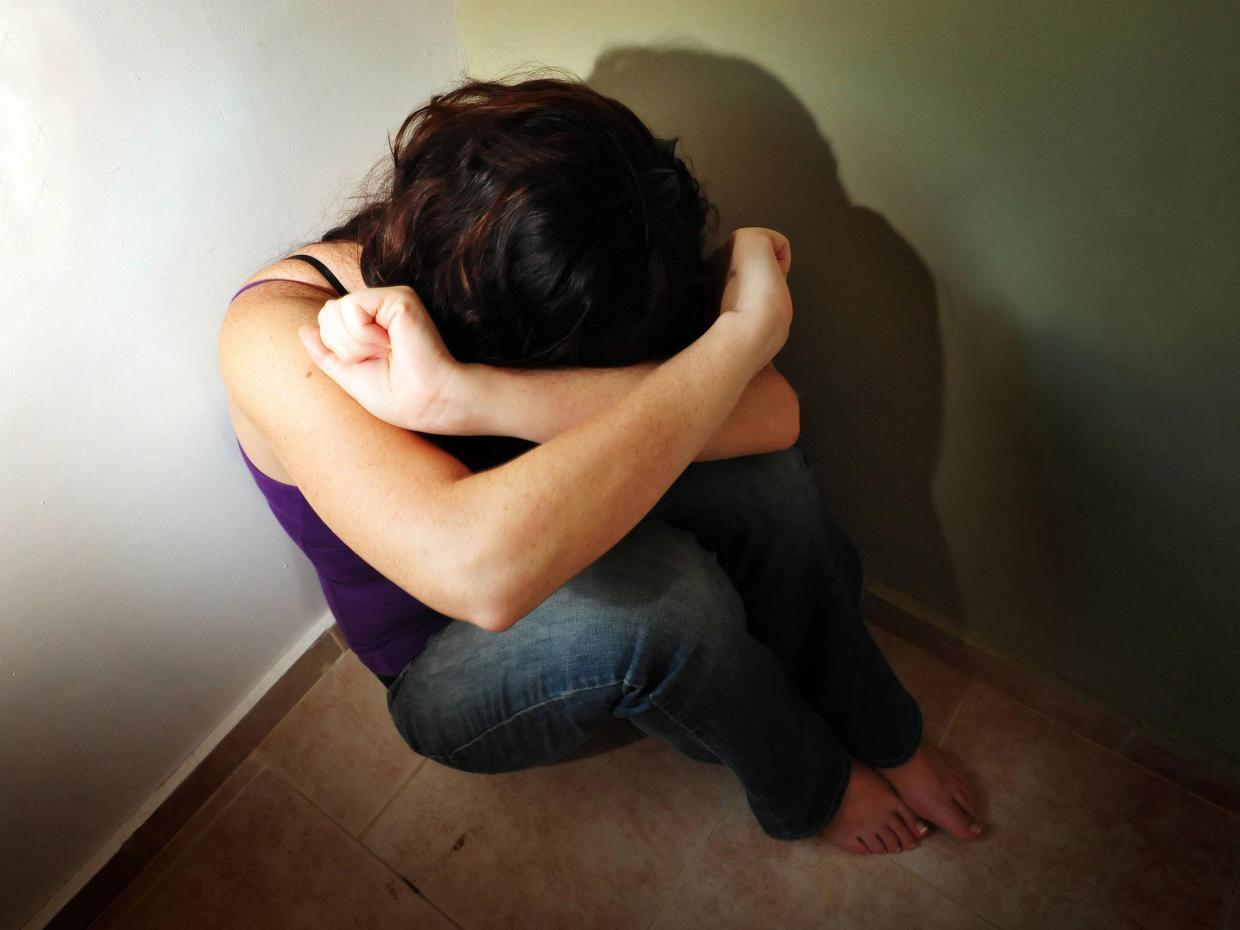Domestic abuse survivors will be allowed to register to vote anonymously to protect them from their attackers
The rules will be relaxed after criticism that it is too difficult for abuse victims to keep their names and addresses secret – putting them at further risk

Your support helps us to tell the story
From reproductive rights to climate change to Big Tech, The Independent is on the ground when the story is developing. Whether it's investigating the financials of Elon Musk's pro-Trump PAC or producing our latest documentary, 'The A Word', which shines a light on the American women fighting for reproductive rights, we know how important it is to parse out the facts from the messaging.
At such a critical moment in US history, we need reporters on the ground. Your donation allows us to keep sending journalists to speak to both sides of the story.
The Independent is trusted by Americans across the entire political spectrum. And unlike many other quality news outlets, we choose not to lock Americans out of our reporting and analysis with paywalls. We believe quality journalism should be available to everyone, paid for by those who can afford it.
Your support makes all the difference.Survivors of domestic abuse will be protected from their attackers when they register to vote, under new Government plans.
The rules will be relaxed to make it far easier for victims of abuse to register anonymously, in a victory for a campaign by charities including Women’s Aid.
Ministers say the move will also prevent people using the electoral rolls to track down victims of stalking, as well as protect some witnesses in criminal court cases.
The current law has been fiercely criticised because anonymity is only granted with a court order, or with the agreement of a senior police officer.
Many survivors of domestic abuse are unable to pass those tests and – if they are too scared to register openly – lose their right to vote.
Mehala Osborne founded the Right to Vote campaign after being forced to flee her home because of an abusive relationship, rebuilding her life in a local safe house.
Welcoming the announcement, she said: “I was denied a vote whilst living in a refuge, and I never realised how much having a vote meant until it was taken away from me.
“I had already been through enough, and to be disempowered even more was so difficult.
“I am so proud to have started the campaign that has led to these proposed changes. Survivors in the future will not be denied their voice and democratic right to vote.”
The welcome was echoed by Polly Neate, the chief executive of Women’s Aid, who said: “The proposed new measures send out a clear message to all survivors of domestic abuse that their voices matter, and their participation in politics matters.”
Under the changes, someone could be granted anonymity with documents including evidence of a person having been convicted of domestic abuse, or “findings of fact” that abuse took place.
Evidence that someone has been granted indefinite leave to remain in the UK as a victim of domestic violence, or granted legal aid on domestic violence grounds, could also be sufficient.
And the number of police officers authorized to grant anonymity could be expanded seven-fold, with social workers added to the list.
Chris Skidmore, the constitution minister, met Mehala last year and said he was “truly inspired by her story”.
“It is clear that the existing system has often let down those affected by domestic abuse,” Mr Skidmore said.
“That is why today we are setting out proposals to reform the anonymous registration scheme in England and Wales to make it more accessible for those escaping domestic abuse.
“We are clear that those who have been constrained by their abusers must have full freedom to express themselves in the democratic process.”
Anyone wishing to comment on the proposals put forward is asked to email the Cabinet Office at anonymous-registration@cabinetoffice.gov.uk.
The changes will apply in England and Wales only, because Scotland is about to gain responsibility for registration for elections to its Parliament and local councils.
Subscribe to Independent Premium to bookmark this article
Want to bookmark your favourite articles and stories to read or reference later? Start your Independent Premium subscription today.
Join our commenting forum
Join thought-provoking conversations, follow other Independent readers and see their replies
Comments